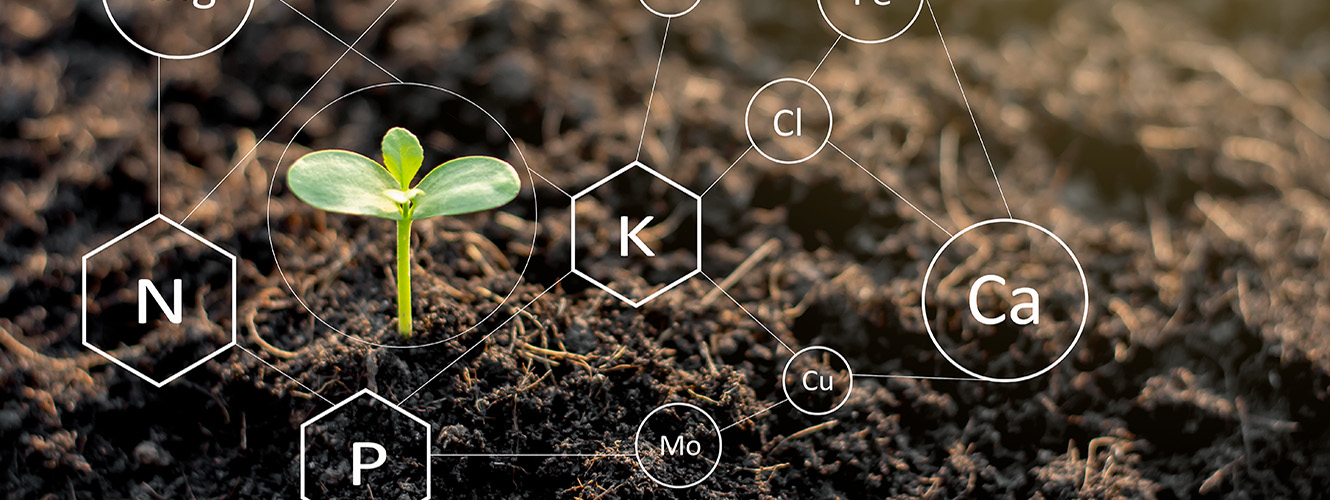
Faced, like all farms in the UK, with the loss of Basic Payment Subsidy (BPS), which reduced from around £80,000 in 2020 and will continue to reduce to zero by 2028, rural businesses such as Blaston Estate in Leicestershire, have had to explore different opportunities to offset this loss of income to ensure the continued viability of their business.
This is the first UK project of its kind to generate certificates based on measured high-density, direct, and verified soil sampling and follows the Department for Environment, Food & Rural Affairs (DEFRA) decision to pay £40 per hectare under the Sustainable Farming Incentive (SFI) for soil improvement.
Blaston Estate, a 390-ha farm with a mix of woodland, arable and permanent grassland in Leicestershire has entered into a multi-year agreement with a corporate utility company, an impact-driven carbon finance company, for the purchase of voluntary carbon certificates generated by carbon sequestration on arable farmland.
With advice from an independent agronomist, the estate owner made a conscious decision to set a goal for his farming operation to improve the soil by diversifying crops, farming with nature and enhancing sustainability. Using techniques such as direct drilling of arable crops, diverse crop rotations, integrated livestock grazing as well as continuous soil cover with the use of cover and companion crops he was able to improve soil health, promote biodiversity and create a sustainable business whilst sequestering carbon.
The Countryside Stewardship (CS) Mid-Tier Scheme and a similar environmental management scheme with a corporate utility company have partly mitigated the reduction in subsidy income. These schemes have helped to support a shift in focus towards the improvement of soil health and structure and to establish a profitable farming system but also acknowledge the potential of carbon sequestration as an income stream.
In the autumn of 2022, Blaston Estate was able to complete the sale of Verified Emission Reduction units (VERs) based on measured CO2e sequestered across their arable cropping area.
A measurement methodology developed by Ecometrics measured the stock change in Soil Organic Carbon (SOC) in 12 months across the farmed area. Detailed soil analyses across all fields were carried out before the beginning of the 2021 growing season and were then repeated to quantify the precise amount of carbon absorbed throughout the production season. The measurement uses a combination of intensive physical sampling and Artificial Intelligence analysis of multispectral satellite imagery.
Further measurements will be made in the spring of 2023 with the expectation that a further increase in SOC has been achieved enabling another sale of VERs. Each sale is subject to a 10-year permanence period.
The specific details of the sale remain confidential but the value of the sale was more than the corresponding Basic Payment Scheme receipt. The value of the certificates, together with the SFI payment, will assure that regenerative practices will be economically viable, and for Blaston park, the sale of these certificates is expected to be their second largest income stream after wheat.
It is crucial that farmers and landowners who are looking to adopt regenerative practices to restore life to the soil, enhance profitability and make a decisive contribution to achieving net zero get informed advice from the start.
Find out more about our agribusiness consultancy services by clicking here. We would encourage anyone interested to get in touch.





